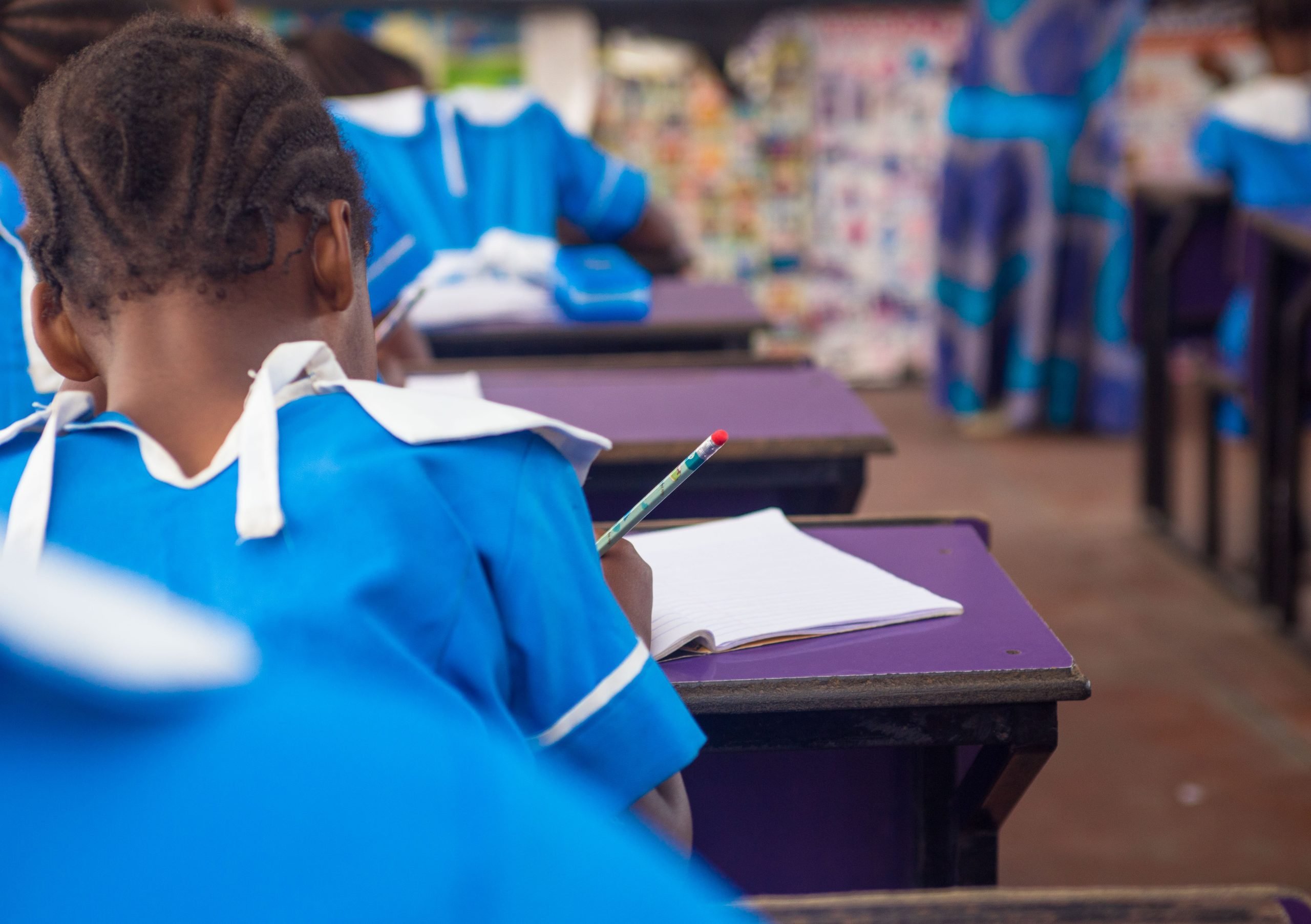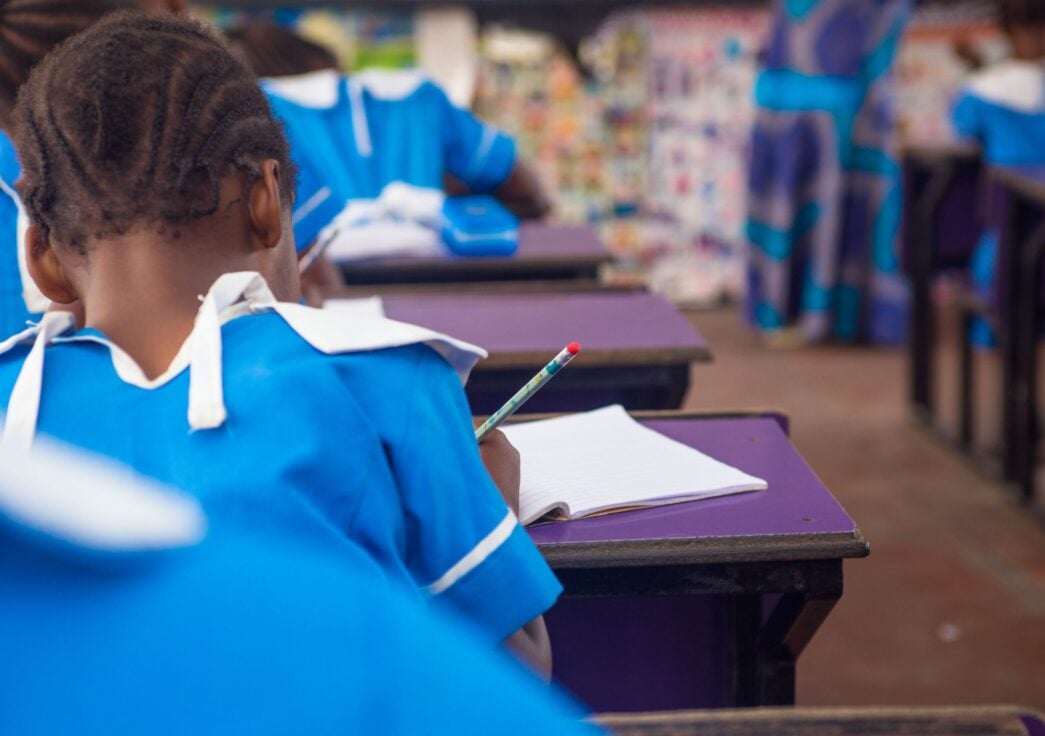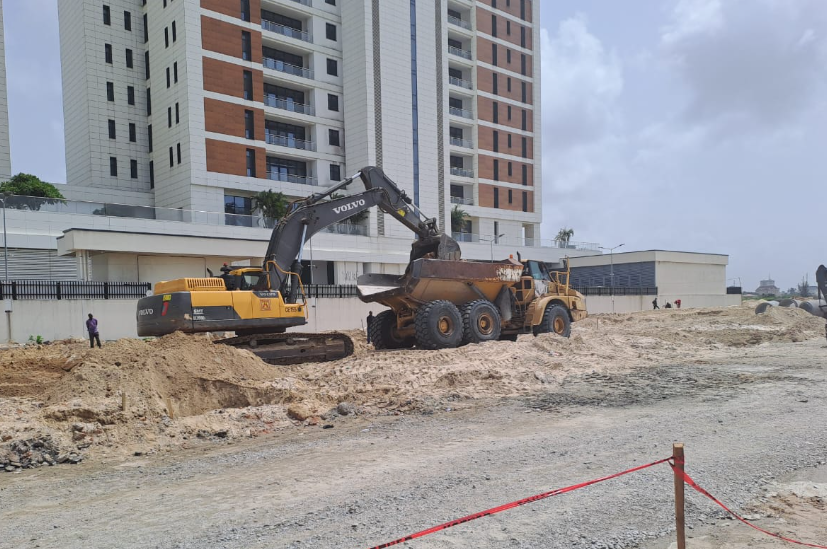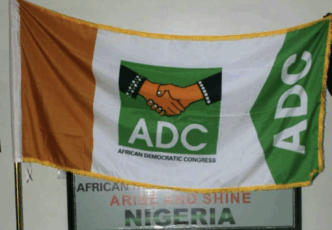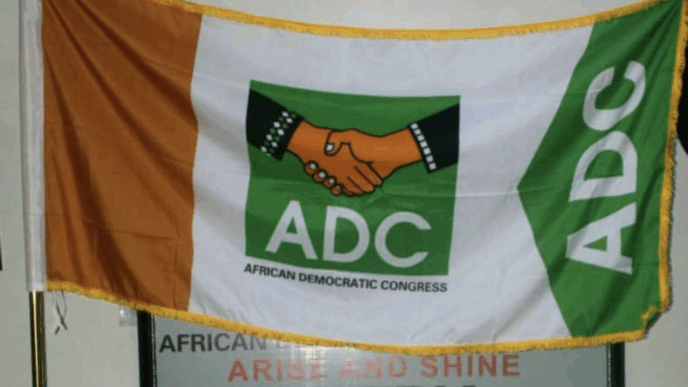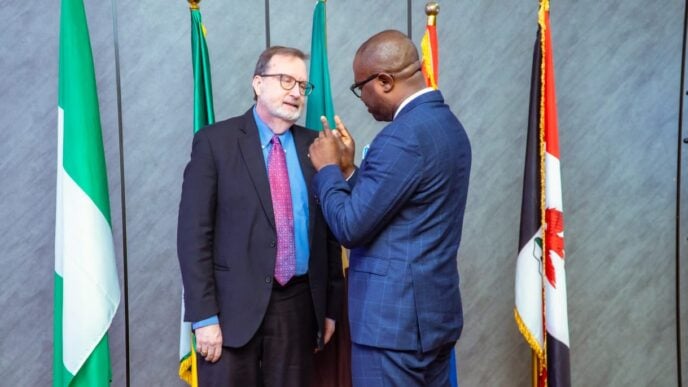Common Entrance | File Photo
The National Business and Technical Examinations Board (NABTEB) says only 39 per cent of candidates reached the half mark in its 2025 entrance assessment for federal and state technical colleges.
Mohammed Aminu Mohammed, registrar of NABTEB, was at the commencement of the 2025/2026 National Common Entrance Examinations (NCEE) student selection and placement exercise for federal technical colleges.
The exercise took place in Benin City, Edo state, on Wednesday.
The examination took place recently in 32 federal technical colleges and 171 state technical colleges.
Advertisement
It comprised 203 examination centres with a total of 29,260 candidates registered.
The analysis of the results indicates that total enrollment reached 29,260, of which 24,074 candidates participated in the entrance examination.
This was made up of 16,206 males (67.32 per cent), 7,868 females (32.68 per cent), and 5,186 absentees (17.72 per cent).
Advertisement
Further analysis shows that they enrolled 17 engineering trades, seven construction trades, eight miscellaneous trades, and four business trades.
The registrar disclosed that the results amongst federal and state technical colleges revealed that out of the 24,074 candidates who participated in the exams, 9,389 (39.00 per cent) achieved scores of 50per cent and above.
Furthermore, 316 candidates (1.31 per cent) attained scores of 70 per cent and above, while 14,685 candidates (61 per cent) scored above 50 per cent.
Additionally, the results indicated that eight candidates representing 0.03 per cent achieved the highest rank.
Advertisement
Mohammed said some of the challenges include the inadequacy of qualified teachers where these trades exist, the inadequacy of vocational and skills centres across the LGAs in the country, and inadequate equipment to run some trades in the colleges.
He recommended the implementation of pertinent legislation, the development of pedagogical capacity for educators, the provision of financial resources, and the acquisition of advanced equipment.
